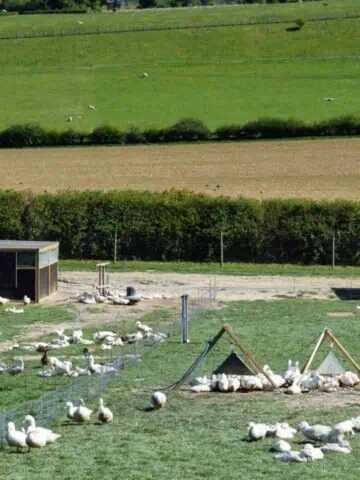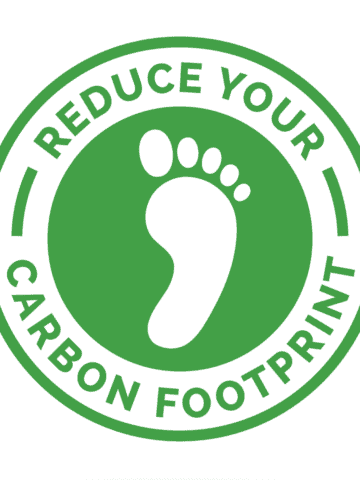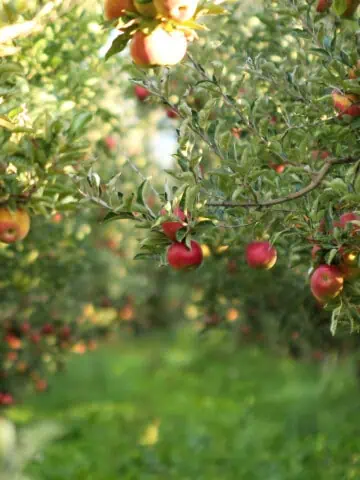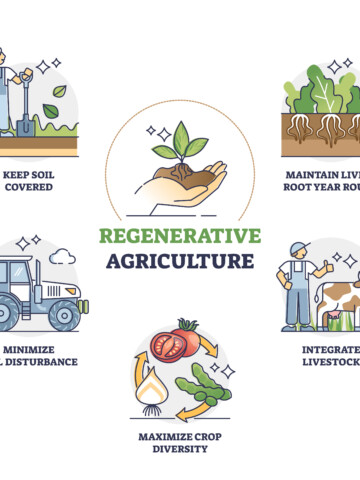Written by Cindy Siegenfeld
Once in a while, you come across a life-changing read. That was my experience when I read the book KISS the GROUND. Like you, I walk on it, plant vegetables/fruits/flowers, grow trees, place structures upon it, etc. But, I never stopped to think about how essential soil is to all living creatures until I read KISS the GROUND. This book will open your eyes to the importance of rebuilding our most precious resource - the ground beneath that feeds us!

This is not a book about climate change, at least not in the way it is argued about today. This book takes the perspective that carbon is the most basic and essential building block of life. Where there is carbon in the soil, there is water. And where one finds carbon, and water in soil, one finds food. Thus this book deals with atmospheric carbon not as a tired political problem but rather as an ecological opportunity that we can access through our food. At the core this book is about food's ability to alter the world. Our choice of foods will make or break our civilization. This daily choice holds more power than almost anything we do. Food is power. It is so powerful, in fact, that food is likely at the center of what caused the downfall of the previous forty or so significant civilizations that have come before ours. One can say this is a book about food, agriculture, soil, climate and the planet. But that would be missing the point. This is really a book about the whole system in which all things interact. Each of the aforementioned acts as one of the many interconnected cycles with the system. For most of us, the access we have to altering those cycles is through the food we eat. This book is also about people. Specifically, it is about a global movement of people who, due to the combined understanding of natural systems, could offer a new framework to humanity. In its simplest terms the movement is called "regenerative agriculture." Regenerative agriculture essentially means building the soil through the four pillars of trees, managed herd grazing and compost, cover crops, and "no till" agriculture systems. Since building soil requires tremendous quantities of carbon, regenerative agriculture holds the key to moving the carbon that's currently in our atmosphere back into the ground. An excerpt from KISS the GROUND by Josh Tickell
What you will read about in "Kiss the Ground"
- Today's agriculture is vastly altering our landscapes and so quickly outpacing the earth's ability to regenerate soil that agriculture threatens planetary life itself.
- If we let climate change get out of control, there will be millions of climate refugees.
- Each year, 1 in every 122 people becomes a refugee and that number is increasing with the most severe displacement occurring where there is a lack of food and water.
- Plants, have the ability to pull enough CO2 out from the atmosphere to make a measurable dent in the global concentration of CO2.
- The 4 per 1,000 initiative aims to increase soils ability to sequester carbon.
- The U.S. sprays one billion pounds of herbicides, insecticides and fungicides onto its crops annually which is equivalent to 3 pounds per person.
- Desertification is the most immediate environmental crisis our global civilization faces.
- Organic farming doesn't just free us from ingesting chemicals & pesticides, it actually helps heal soil and reverse climate change.
- Soil health could be restored using strategic grazing of cattle.
- Permaculture offers a way to begin working towards a permanent agriculture with diversity, stability, and resilience of natural ecosystems.
- The soil environment can hold more carbon than both the atmosphere and the organisms and plants living on the surface of the soil combined.
- Life in the soil is what holds the carbon - fungicides, herbicides, insecticides & fertilizers destroy the life in the soil.
- Our ability to grow food is shrinking while our population is rapidly increasing.
- Managed intensive rotational grazing (MIRG) is a way to put nutrients back in the soil.
- Grass fed cows poop will feed the soil 0.31 pounds of nitrogen and 0.11 pounds of phosphorous 13.
They are sharing tips to make a difference!
Kiss the Ground takes many lengths to open our eyes to what is happening on our planet, but they don't stop there. They also offer everyday personal tips in the "Regenerative Revolution" beginners guide found in the final chapter. With a few simple changes, you will learn how to make a difference. Suggestions are shared to Join a CSA, initiate local programs, and support organizations fighting for change. Check out Kiss the Ground website, where you will find other ways to be involved and even learn how to Become a Soil Advocate!
Suppose you don't have enough time to read, then watch the KISS the GROUND MOVIE (streaming on Netflix) hosted by Woody Harrelson and directed by Joshua Tickell and Rebecca Harrell Tickell. The film begins by examining how tilling and pesticides have led to soil erosion. It then traces the damage done to our ecology, health, and climate. The filmmakers find a solution in regenerative farming, an ethical practice designed to restore degraded lands and facilitate carbon drawdown.
Whether it's Kiss the Ground or The Mindful Fork that inspires you, remember we are all in this together and it will take all of us to bring about change for a brighter future!






Comments
No Comments